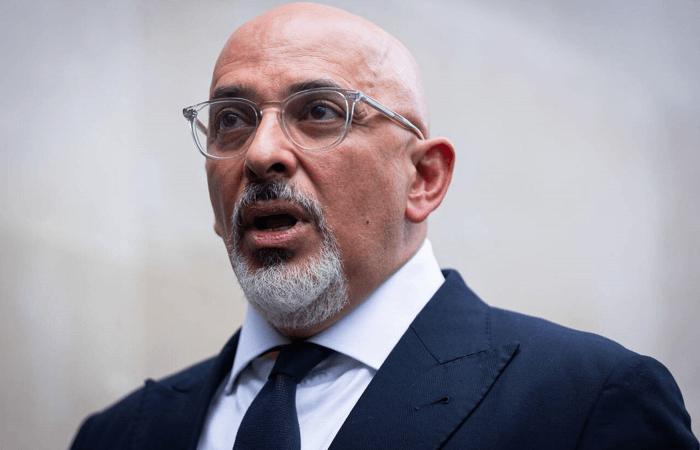Education Secretary Nadhim Zahawi has emphatically denied reports that free lateral flow tests (LFTs) will be limited to high-risk settings such as care homes, hospitals and schools.
Speaking to Sky News’ “Trevor Phillips On Sunday” this morning, Mr Zahawi said he was “slightly puzzled” by the reports and didn’t “recognise it at all”. “This is absolutely not where we are at”, he added.
Currently, there are an unlimited number of free LFTs available for public use, with those testing positive with symptoms eligible to request a free PCR test.
News had emerged in The Sunday Times that Prime minister Boris Johnson was set to axe free lateral flow tests as the government and country prepare to “live with” coronavirus. A senior Whitehall source told the Times that it is no longer feasible to continuously use free LFTs and that the UK should scale back. “I don’t think we are in a world where we can continue to hand out free lateral flow tests to everybody for evermore”, they added.


While Mr Zahawi confirmed the government view that we are “witnessing the transition of the virus from pandemic to endemic”, he stringently denied that an end to free LFTs would be part of this transition.
These comments come after the UK passed 150,000 Covid deaths. It is the seventh country to pass the milestone – after the US, Brazil, India, Russia, Mexico and Peru. This morning, Mr Zahawi revealed that his uncle was among those who have died of COVID, having not been taken up the offer of vaccination.
On this, Mr Zahawi said the 150,000 milestone “brings it home to me”, adding that these deaths are “not just a statistic – they are parents, grandparents, uncles, aunts, husbands, wives”. When asked whether these deaths were avoidable, the education secretary said the government will “learn the lessons of how we dealt with the pandemic through the inquiry”.
Questioned on earlier comments, reported in The Sunday Times, that cutting the self-isolation period from seven days to five would be “helpful”, Mr Zahawi backtracked, arguing that we would have to be “careful” about making this move. “What you don’t want is to create a negative outcome by higher levels of infection,” he said. However, he added that it would “help mitigate some of the pressures on schools” if evidence suggested it is safe.
According to The Sunday Times, Nadhim Zahawi said: “The UK Health Security Agency (UKHSA) have said they want to review it, so we will stick to seven days but if they review it and say they will bring it down to five days that is even better for me, it’s even more helpful”. The UK has already cut the isolation period from 10 days to seven, provided people can provide negative lateral flow tests on days six and seven. But several sectors are still experiencing staffing pressure.
Elsewhere, the United States recently shortened the self-isolation window to five days. The education secretary cautioned against following the US’ example, as in the UK we begin when symptoms are first recorded, whereas in the US isolation only starts following a positive test.












